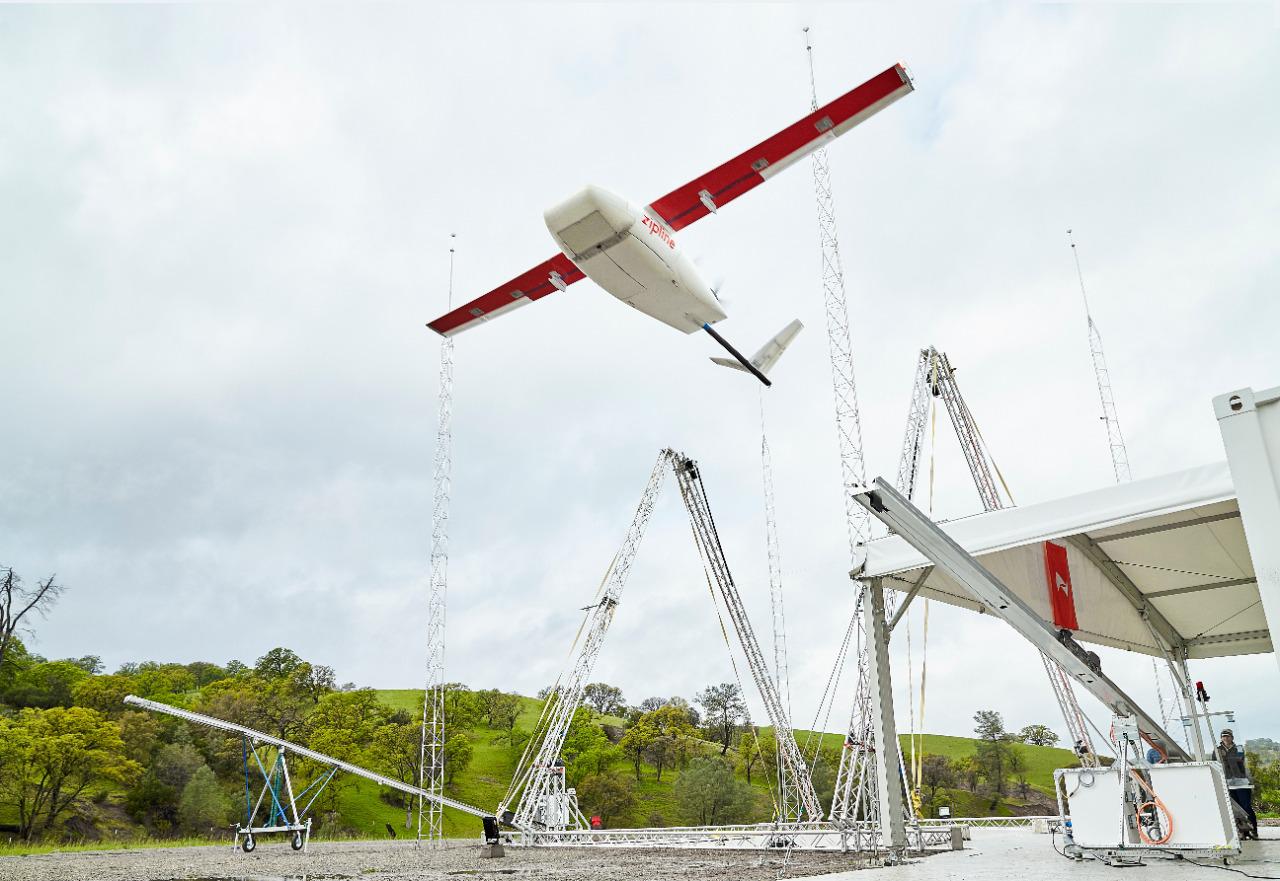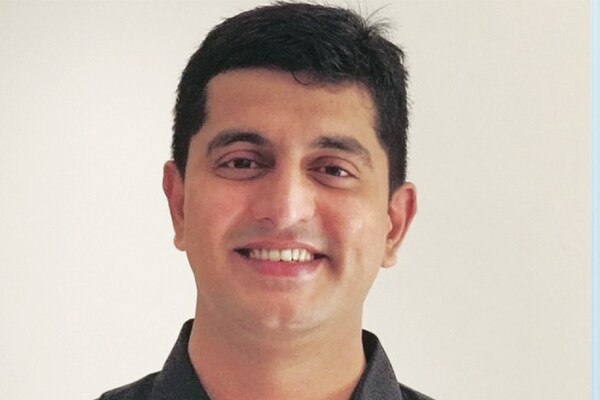
This week on Startup Street, an Indian startup ties up with a drone pioneer to attempt delivery of critical medical supplies. Uttar Pradesh finally gets a formalised startup policy. And the Telangana government's startup initiative will lead a scaling-up programme for India's hardware ventures. Here's what went on:
High-Flying Ambitions
A Mumbai-based startup that operates platform for hospitals and healthcare centres to procure pharmaceutical products plans to conduct a pilot for delivering critical medical supplies by drones.
Medikabazaar tied up with U.S.-based Zipline for medical drone deliveries in Maharashtra. Zipline, a pioneer of delivering medical supplies through drones in Rwanda and Ghana, will serve over 100 customers of Medikabazaar from its two distribution centers in Pune and Nandurbar.
The deliveries will be done within a range of 85 kilometres from the centres and could cut down delivery time of critical supplies to hospitals to just 30 minutes. The two companies are awaiting approval from the Directorate General of Civil Aviation and the pilot is expected to begin by the end of this year.
“The pilot would allow us to examine our operations and delivery on certain critical parameters including the order fulfillment timelines, error rates of flight operations and efficiency of cold chain,” Founder and Chief Executive Vivek Tiwari told BloombergQuint. “In the pilot phase, we are looking to fly around five flights a day across two sites in India.”

Medikabazaar, which calls itself the Amazon of B2B medical supplies, will deliver everything from vaccines, antibiotics and insulin to lightweight items like stents, implants, masks, gloves and PPEs using the service.
Zipline will be completely responsible for the entire flight and delivery operations. It will charge Medikabazaar a fee based on packages involving a fixed number of flights. The Indian startup on the other hand will then offer this service to its customers through several models like a pay-per-flight or a subscription.
Tiwari said the unprecedented Covid-19 pandemic has highlighted that existing supply chains aren't robust enough to deal with these extraordinary circumstances. “The usage of drones in the medical delivery space can usher in a revolution of better access and timely delivery to hospitals and patients who have suffered from the unavailability of critical supplies.”
Still, he acknowledges the regulatory hurdles that emerge in India. “While Zipline has a proven and effective operating model, the primary challenge is on the regulatory front keeping in mind the different state- and central-level policies,” he said. “Fortunately, the DCGA has shown a positive stance towards creating a comprehensive regulation around drone services in recent months.”

Another tricky aspect is the pricing of the service. Drone companies will take a few more years to become as cost-effective as the conventional terrestrial supply chains, Tiwari said. That's one reason why Medikabazaar will only offer this service for hospitals and healthcare centres and not retail consumers.
“At its current level, the unit economics of a B2C doesn't make sense in comparison to a B2B service. A B2B service ensures consistent and high volume transactions which can easily absorb the cost of the flight,” Tiwari said. “A B2C service, however, would have a higher transportation cost than the cost of the product in many cases.”
The founder said that a successful pilot in Maharashtra could then lay the foundation for the service to be extended across Medikabazaar's 26 distribution centres in India.
Medikabazaar operates in 13 Indian cities and counts more than 34,000 medical service providers as its customers. It's also present in some international markets that contribute 15-20 percent of its revenue. The startup, with its team of more than 300 employees, has raised a total of $21.8 million to date.
Tiwari also pointed to changing attitudes of medical service providers due to the pandemic. Earlier, in a conversation with BloombergQuint, he had said that hospitals continue to use the conventional offline procurement system and digital adoption is a hurdle.
The Covid-19 pandemic is now driving that adoption which was once missing.
“India had one of the most stringent lockdowns and this crippled the entire supply chain infrastructure which had huge ramifications. In this period, we saw significant growth in our volumes,” Tiwari said. “Our customers are now realising the benefits of dealing with a tech-driven procurement solutions partner having its own infrastructure for logistics, supply chain, and last-mile delivery.”
Uttar Pradesh's Startup Policy
The Yogi Adityanath government has given its approval to the Uttar Pradesh Startup Policy 2020—the state's first such policy aimed at boosting entrepreneurship.
There was no comprehensive startup policy in the state and for encouraging a startup culture and building a strong startup ecosystem, an independent and comprehensive policy was required, according to a government statement.
The policy aims at bringing the state among the top three in startups, setting up 100 incubators in the state and at least one in every district, developing an ecosystem for setting up at least 10,000 startups and setting up the biggest incubator of the country in Lucknow.
Special encouragement will be provided for setting up startups in Purvanchal and Bundelkhand areas, the release said, adding that the policy would be helpful in turning the youth from job-seekers to job-providers.
The state expects to create direct employment opportunities for 50,000 people and indirect employment for one lakh people, the statement said.
A Programme To Boost India's Hardware Startups
T-Hub, an initiative by the Telangana government for startups, has joined hands with the Ministry of Electronics and Information Technology and Digital India initiative for helping hardware and internet-of-things startups across the country.
T-Hub will lead Digital India's Scale Up programme for such startups across the country, a statement said. The aim is to help provide scale up opportunities to the startups and make them ready in terms of product, investment and new market access, it said.
About 10-15 startups with leading-edge solutions in mobility, energy, agriculture, aerospace, manufacturing, consumer, healthtech, medtech, smart cities and logistics and supply chain sectors will be shortlisted.
The call for applications for the programme will commence in July 2020, and startups will be shortlisted after an extensive screening process, it added.
“India has already developed a reputation for its expertise in the software technology space. We are beginning to see startups emerging in the hardware space that are solving important problems,” Ravi Narayan, chief executive of T-Hub, said. “Schemes such as FAME II and Manufacturing-Hub plans by the Indian government have already laid a strong foundation.”
The batch of startups will go through regular interventions through boot camps and dedicated mentoring organised by T-Hub. During the programme, startups will get exposure to design and enhance their hardware, the statement said.
In addition, they will receive mentorship in areas such as pricing, go-to-market strategies and fundraising, among others. Shortlisted startups will also receive equity-free grants, it said.
With inputs from PTI
Essential Business Intelligence, Continuous LIVE TV, Sharp Market Insights, Practical Personal Finance Advice and Latest Stories — On NDTV Profit.






















